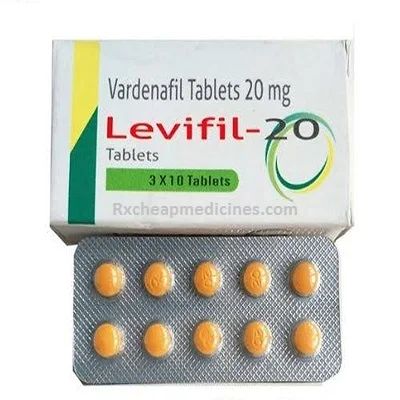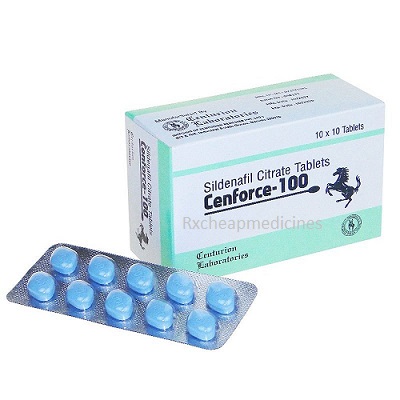
Who should not take Sildenafil?
Sildenafil, commonly known by its brand name Viagra, is a medication primarily used to treat erectile dysfunction (ED) in men. It belongs to a class of drugs called phosphodiesterase type 5 (PDE5) inhibitors, which work by increasing blood flow to the penis during sexual stimulation, thus helping men achieve and maintain an erection. While Sildenafil is generally safe and effective for most people when used as prescribed, there are specific groups of individuals who should avoid or use this medication with caution due to potential health risks and interactions.
-
People with Cardiovascular Conditions:
Sildenafil can affect cardiovascular function by lowering blood pressure. Therefore, individuals with certain heart conditions should avoid taking it without medical consultation. This includes those who have:
Recent history of heart attack or stroke
Severe heart failure
Uncontrolled hypertension (high blood pressure)
Unstable angina (chest pain)
These conditions can be exacerbated by the vasodilatory effects of Sildenafil, potentially leading to dangerous drops in blood pressure.
-
Individuals Taking Nitrates:
Nitrates are medications commonly prescribed for chest pain (angina) due to heart disease. They work by dilating blood vessels to improve blood flow. Sildenafil also dilates blood vessels, and when taken together with nitrates, it can cause a severe drop in blood pressure, leading to dizziness, fainting, or even a heart attack. Therefore, Sildenafil should not be used in combination with nitrates or nitric oxide donors.
-
Those with Liver or Kidney Impairment:
Sildenafil is metabolized in the liver and excreted through the kidneys. Individuals with severe liver or kidney disease may have difficulty metabolizing the drug, leading to an increased risk of side effects. In such cases, a lower dose may be necessary under close medical supervision.
-
People with Retinal Disorders:
Sildenafil can temporarily alter visual perception by affecting the retina’s function. Therefore, individuals with retinitis pigmentosa, a rare genetic eye disease, should use Sildenafil cautiously due to the potential risk of exacerbating their condition or causing irreversible damage to vision.
-
Those with Allergies or Sensitivities:
Individuals who have had allergic reactions to Sildenafil or any of its components should avoid using this medication. Symptoms of an allergic reaction may include rash, itching, swelling (especially of the face/tongue/throat), severe dizziness, or trouble breathing.
-
Women and Children:
Sildenafil is not approved for use in women, and its safety and effectiveness in children under 18 years old have not been established. Therefore, it should not be used in these populations unless specifically prescribed by a healthcare provider for an off-label use and under strict medical supervision.
-
Those Taking Other Medications:
Sildenafil can interact with several medications, including:
Other PDE5 inhibitors (e.g., Cialis, Levitra)
Alpha-blockers (used for treating high blood pressure or prostate enlargement)
Certain antibiotics (e.g., erythromycin)
HIV protease inhibitors (e.g., ritonavir)
These interactions can alter how medications work or increase the risk of side effects. Therefore, it’s crucial to inform healthcare providers about all medications being taken to avoid potentially harmful interactions.
While Sildenafil is a widely prescribed medication for treating erectile dysfunction, it is essential to use it responsibly and under medical supervision. Certain individuals, such as those with cardiovascular conditions, taking nitrates, or having liver/kidney impairment, should avoid using Sildenafil due to the increased risk of adverse effects. Women, children, and individuals with allergies to the drug or its components should also refrain from using it unless specifically directed by a healthcare provider. By understanding who should not take Sildenafil and why, individuals can make informed decisions about their health and avoid potential risks associated with this medication. Always consult with a healthcare provider to discuss the benefits and risks of Sildenafil before starting or stopping its use.
Know More: – Buy Generic Sildenafil 50 mg









